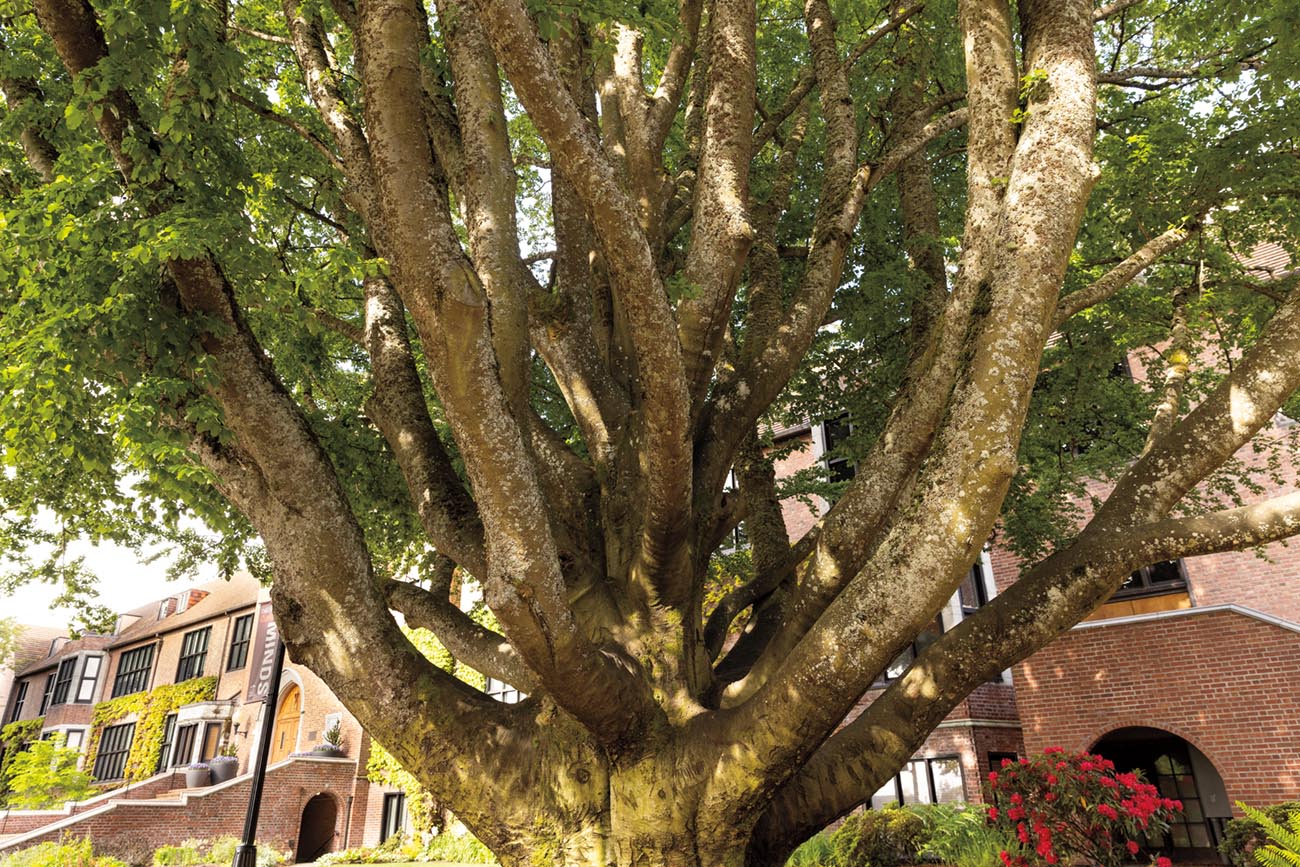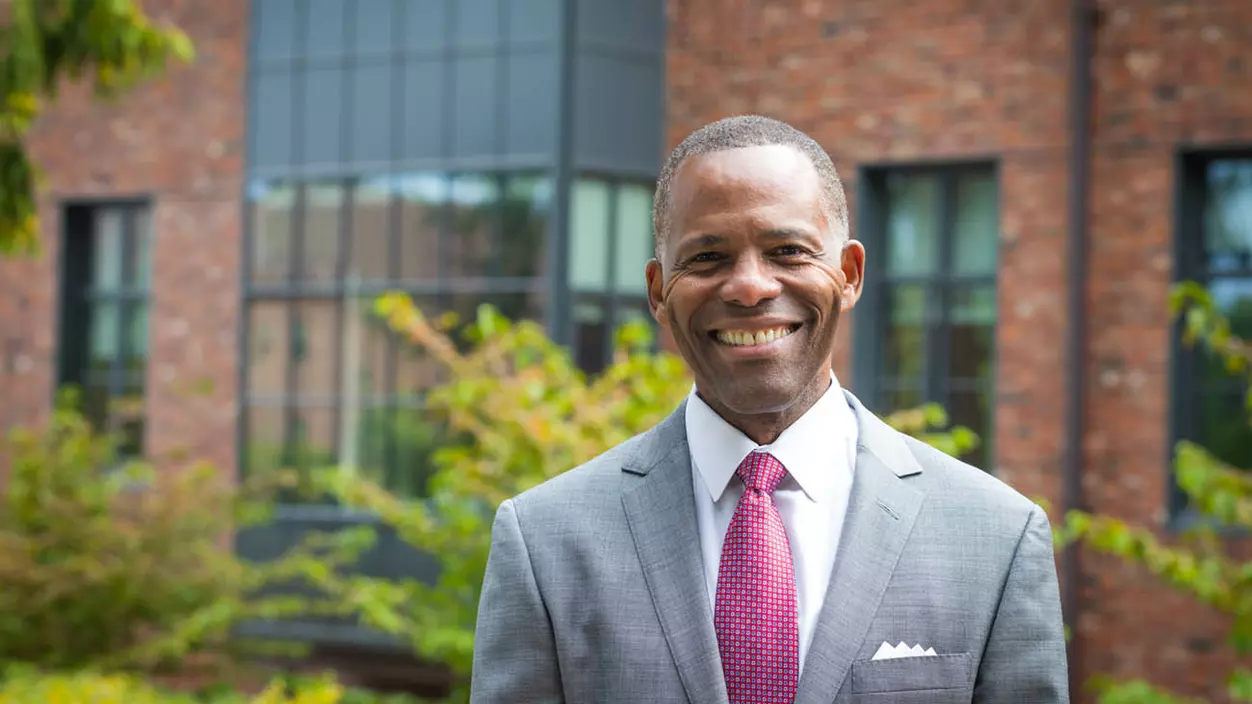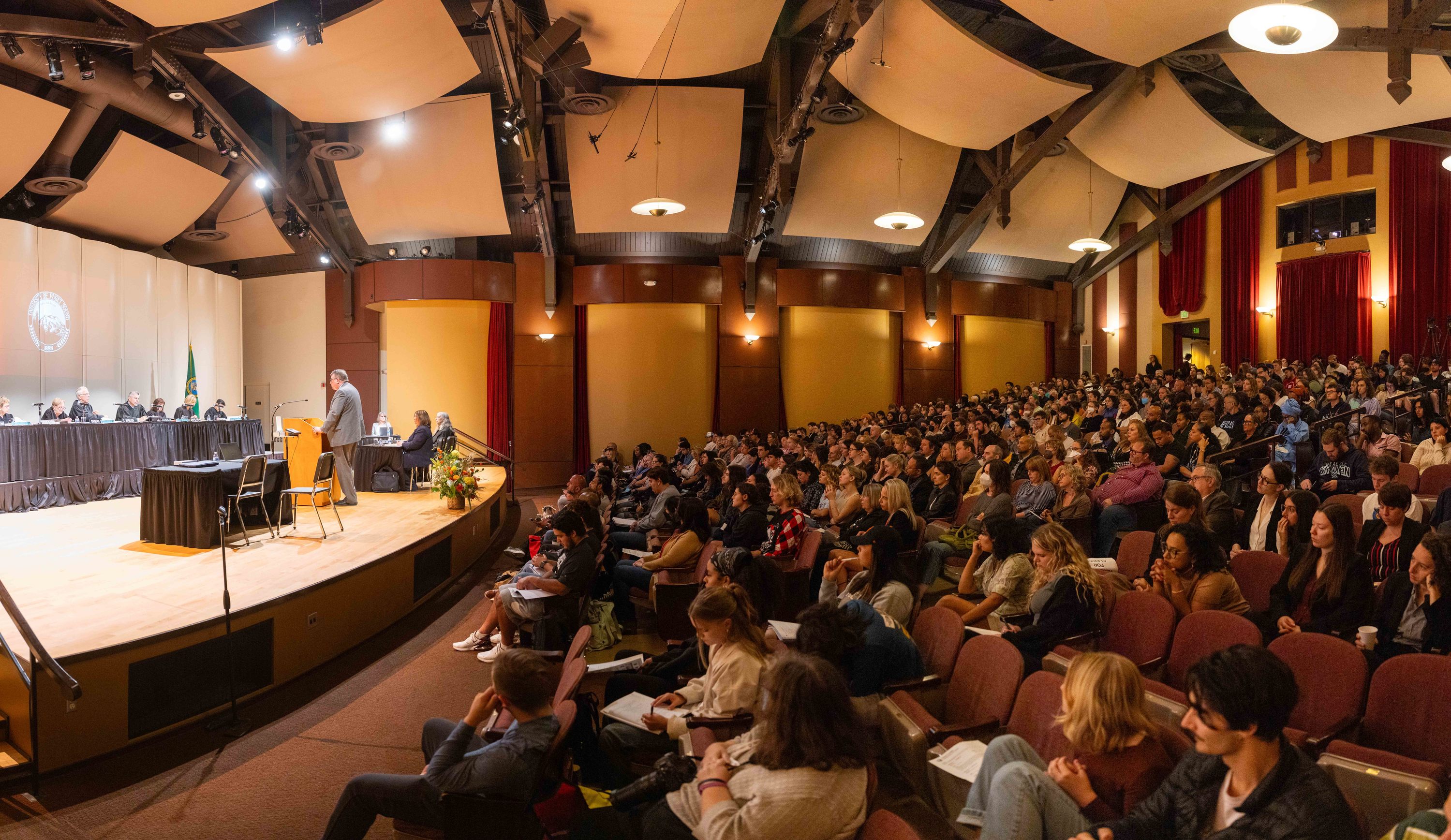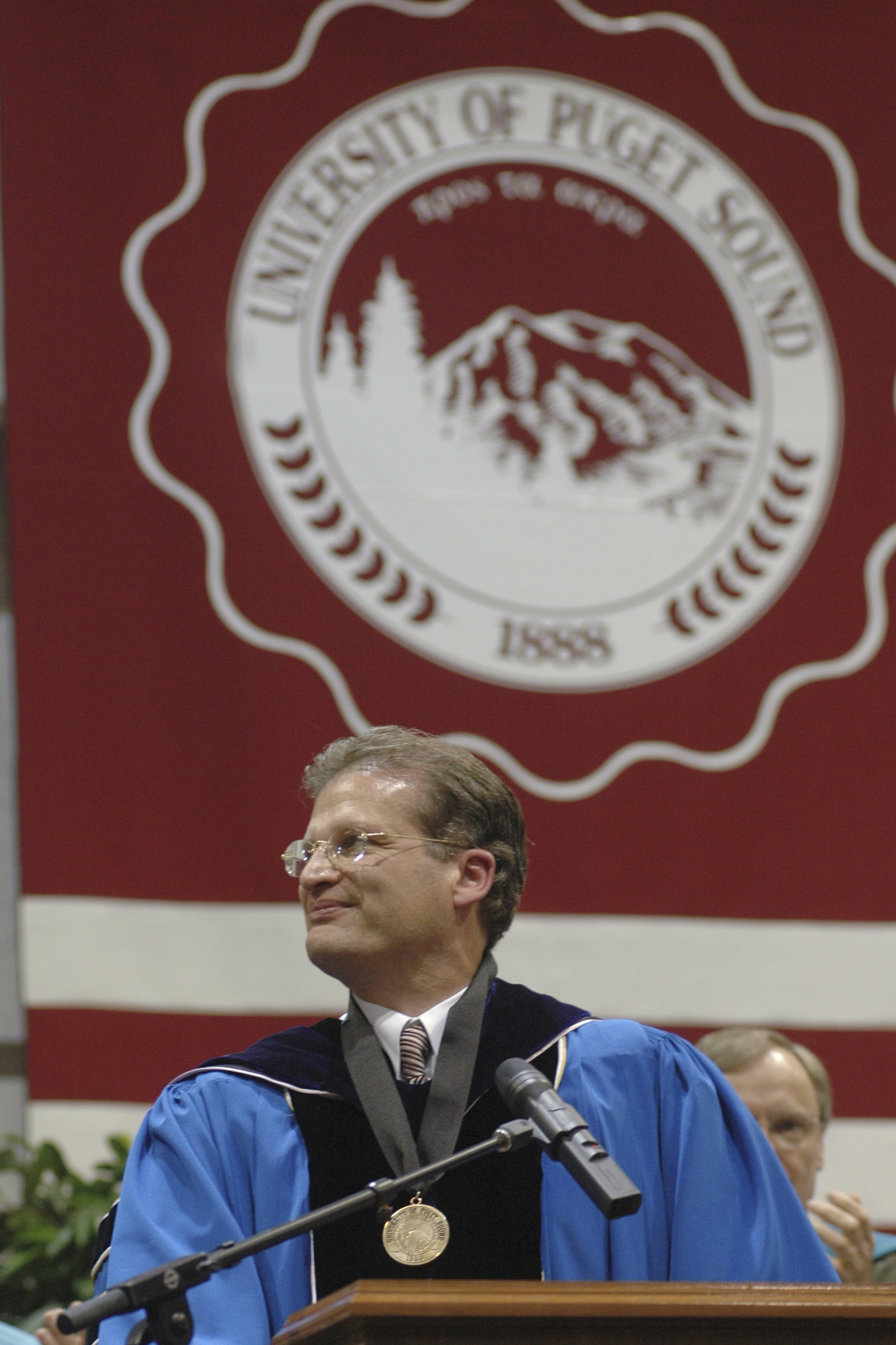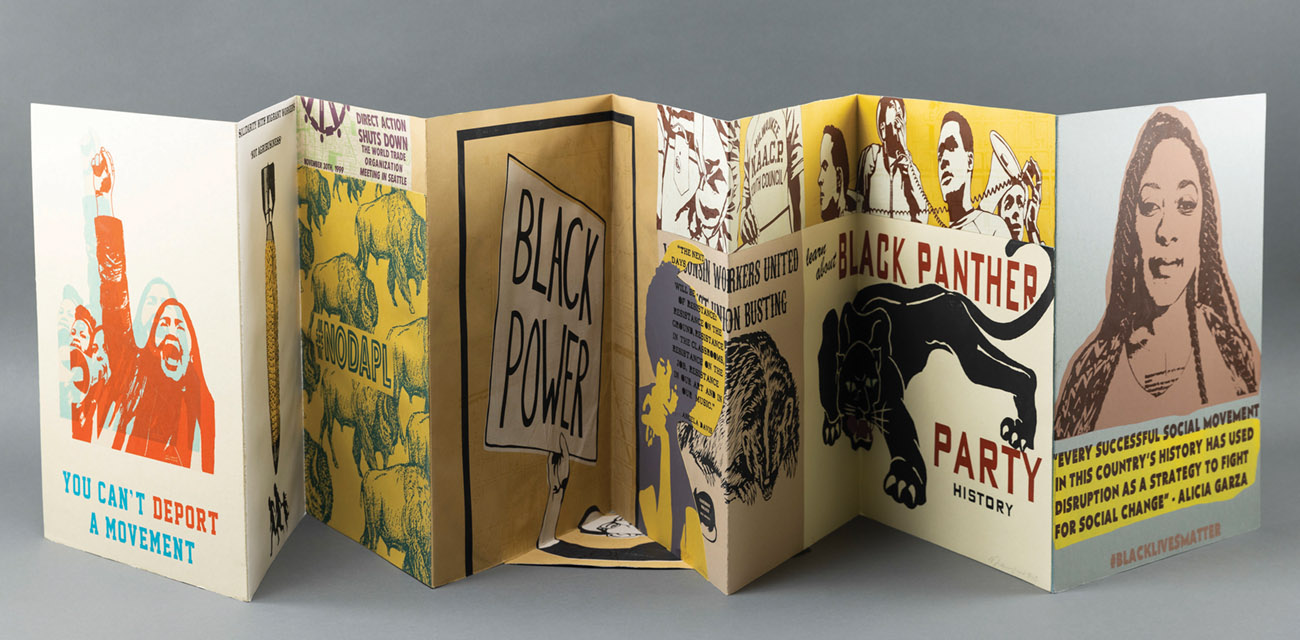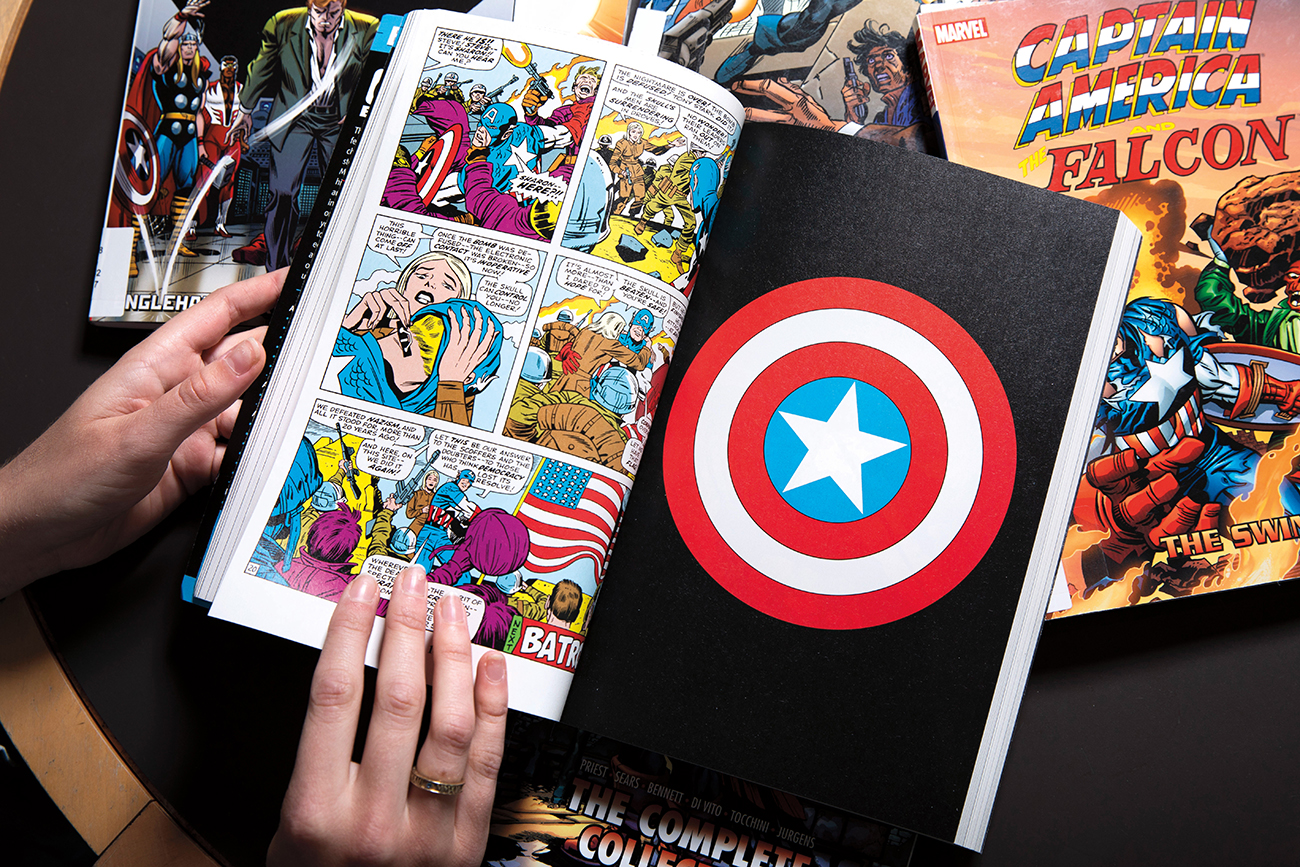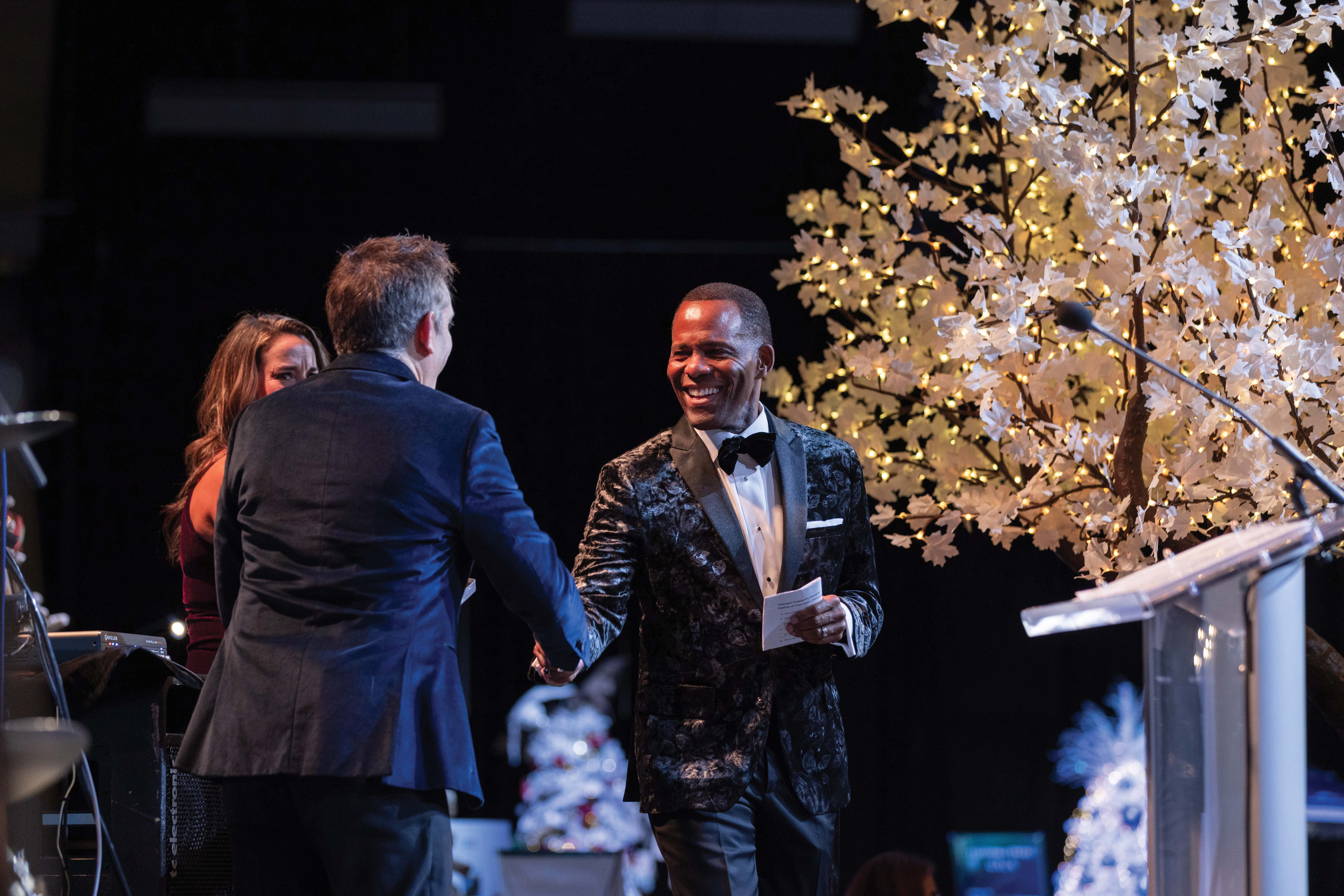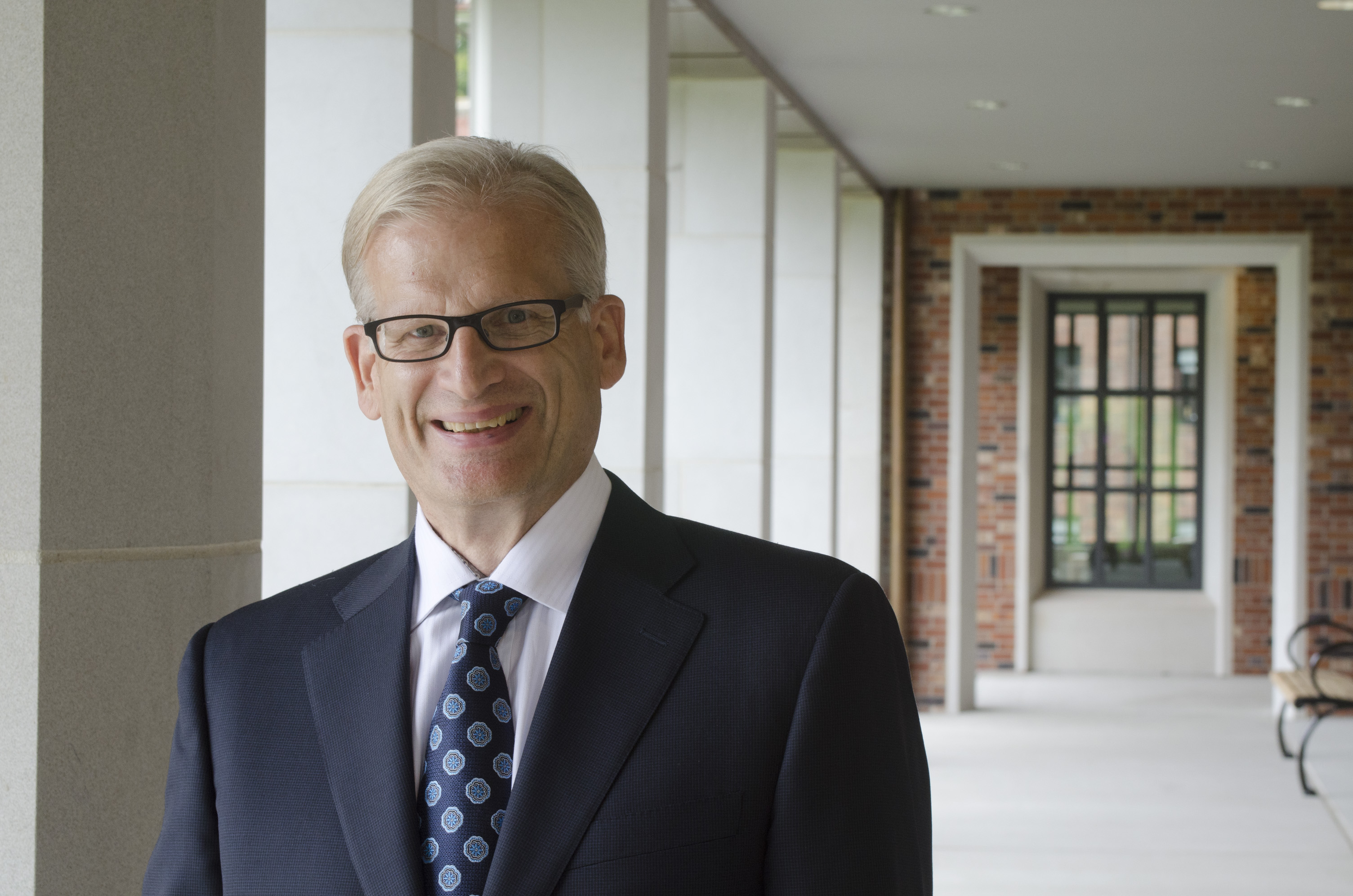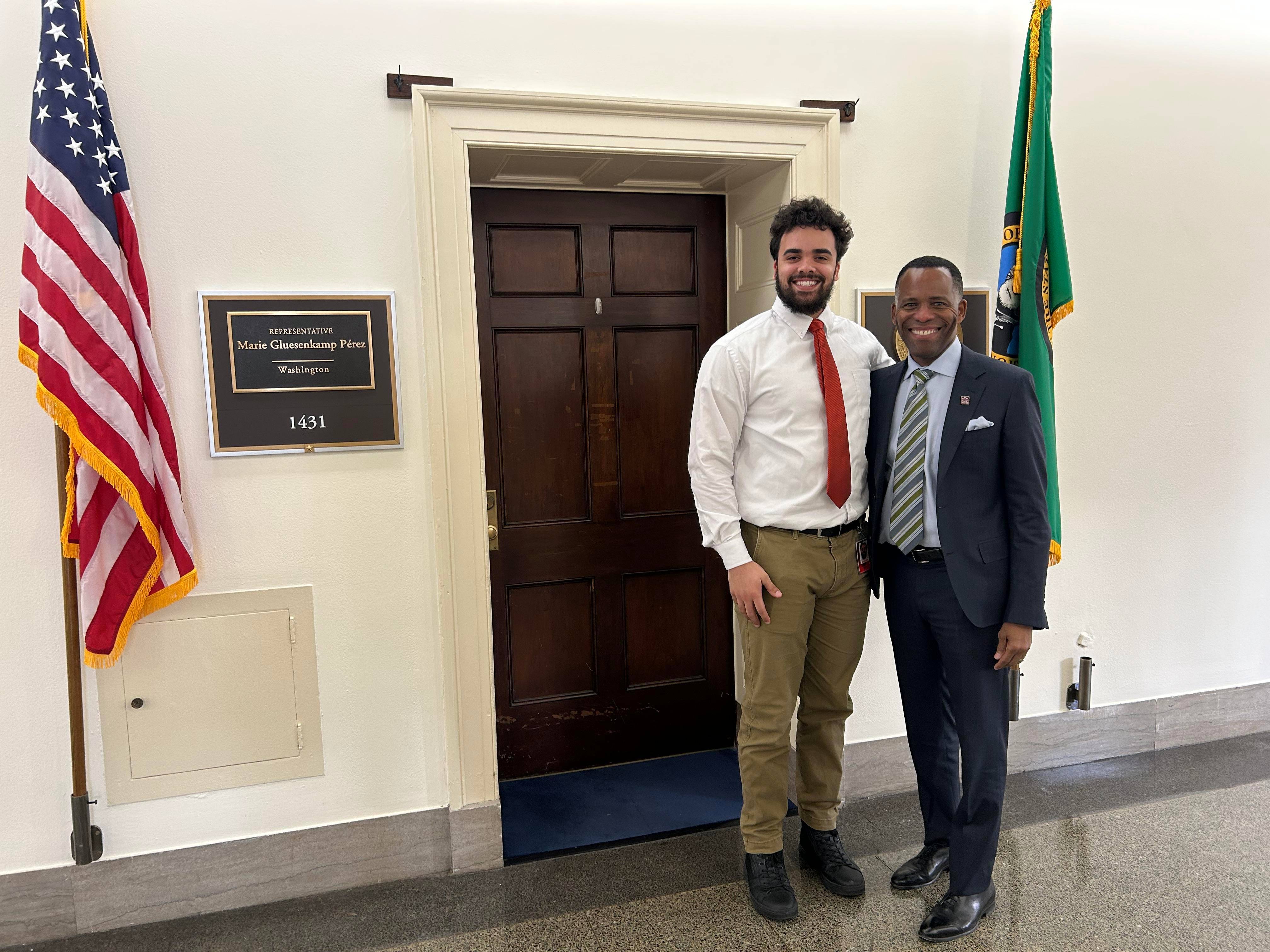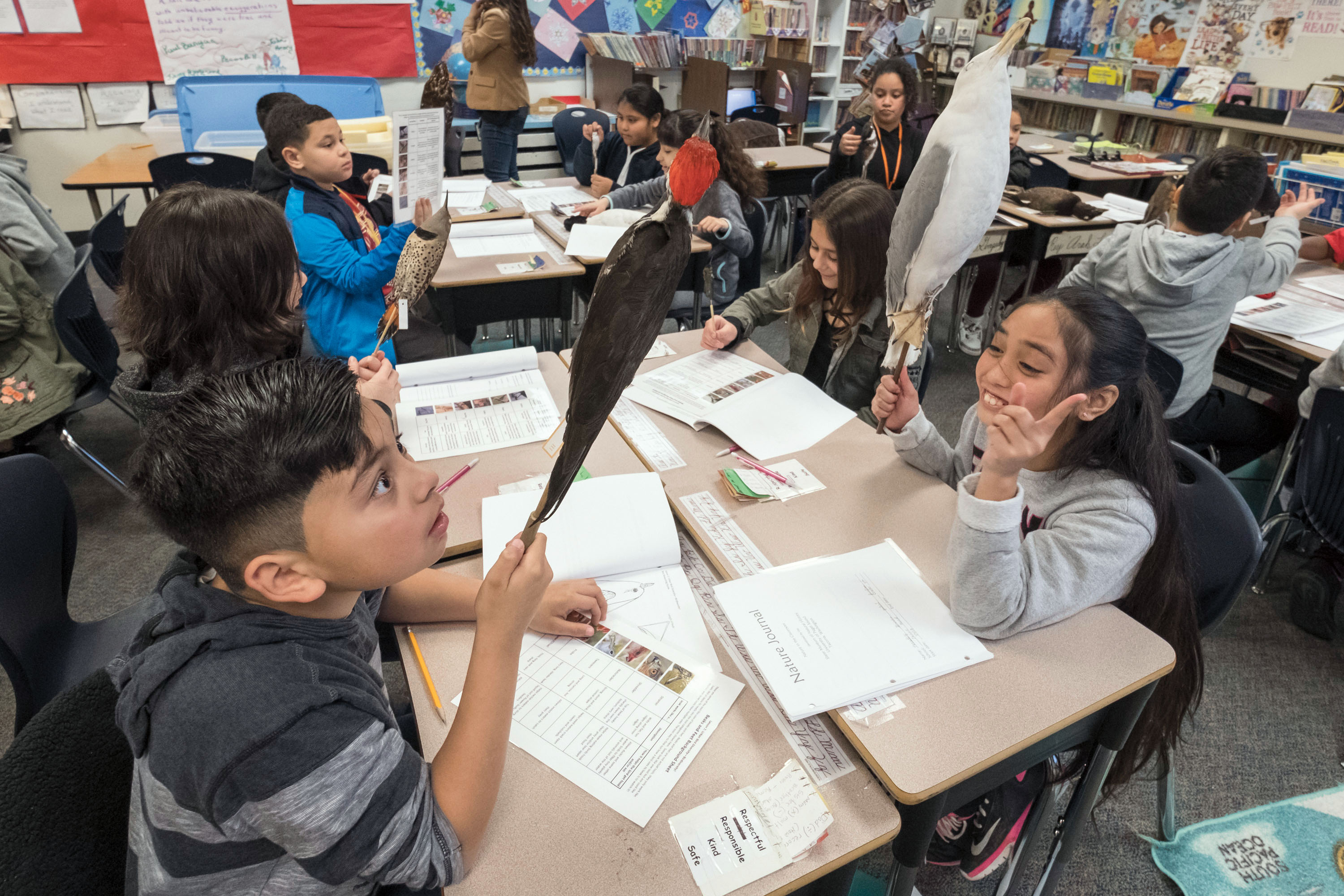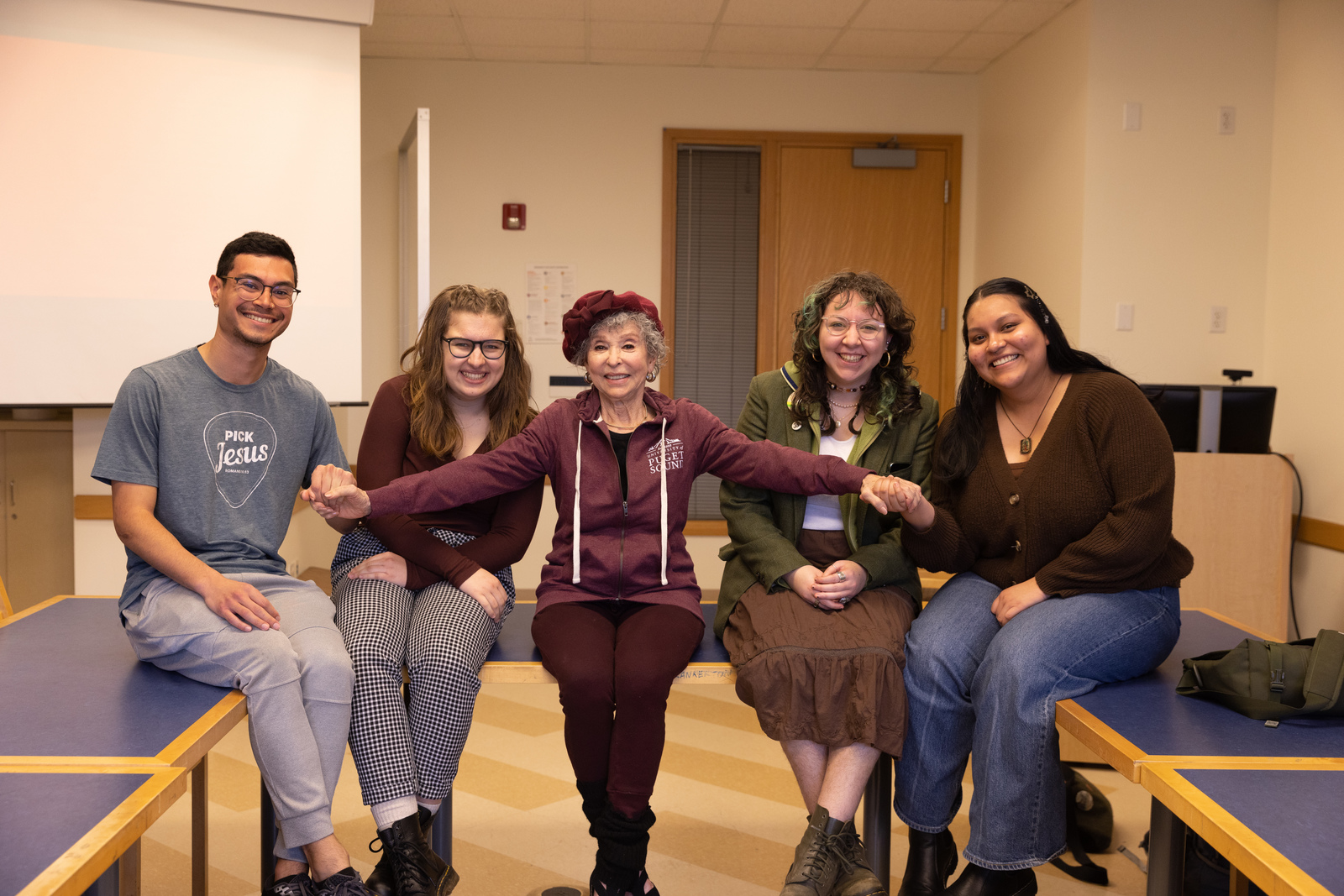How important are the summer offerings to the overall vitality of the university?
Very important. Students are able to pursue some of their interests that they wouldn’t be able to explore during the academic year. We’re also offering more core courses during the summer, so students can play catchup or even get ahead a little in matriculating through their baccalaureate degrees. And, of course, our graduate programs continue to operate throughout the summer in various forms. We’re looking to grow our summer session programs to appeal not only to Puget Sound students, but also to other college students who are returning to the South Sound for the summer and who may want to take advantage of some of our offerings.
Students also use the summer session to do research, internships, and other kinds of experiential learning, which we know is essential to a Puget Sound education.
Absolutely. We’re actually making it very much a cornerstone of a University of Puget Sound education. We believe that a University of Puget Sound education is not something you get; rather, it’s something you do. Experiential learning promotes both deep learning and broad learning. So we’re very pleased to have moved forward with establishing experiential learning as a degree requirement, making sure every student has the opportunity to do an internship, engage in mentored research, do a community-based project, or do a study abroad or study away. And students often take advantage of the summers to have those experiences.
Summer is also when we see middle school and high school students on campus as part of the Summer Academic Challenge. What’s the idea behind that program?
We’re very proud of our Academic Challenge program. It’s one of the ways we feel that we’re able to engage our community, help young people appreciate the opportunities they have locally to pursue their intellectual interests, and to help them be open to pursuing a college education—be it with us or any other college or university.
You mentioned conferences that take place on campus. Those happen year-round, but they seem to increase in the summer.
Yes, it’s far more robust during the summer than during the academic year. We are looking at expanding our conference programming throughout the academic year in some new and novel ways. And that’s something that our executive vice president, Kim Kvaal, and associate vice president for facilities, Bob Kief, are exploring in earnest.
There also are opportunities for lifelong learning. I was impressed with the roster of Community Summer programs this year—everything from ceramics to whiskey appreciation to understanding issues faced by Native Americans.
We’ve been expanding those types of community courses that relate to our commitment to lifelong learning and enrichment. Again, these are ways in which we want to promote our role as a cultural and intellectual asset for Tacoma and the Pierce County region.
